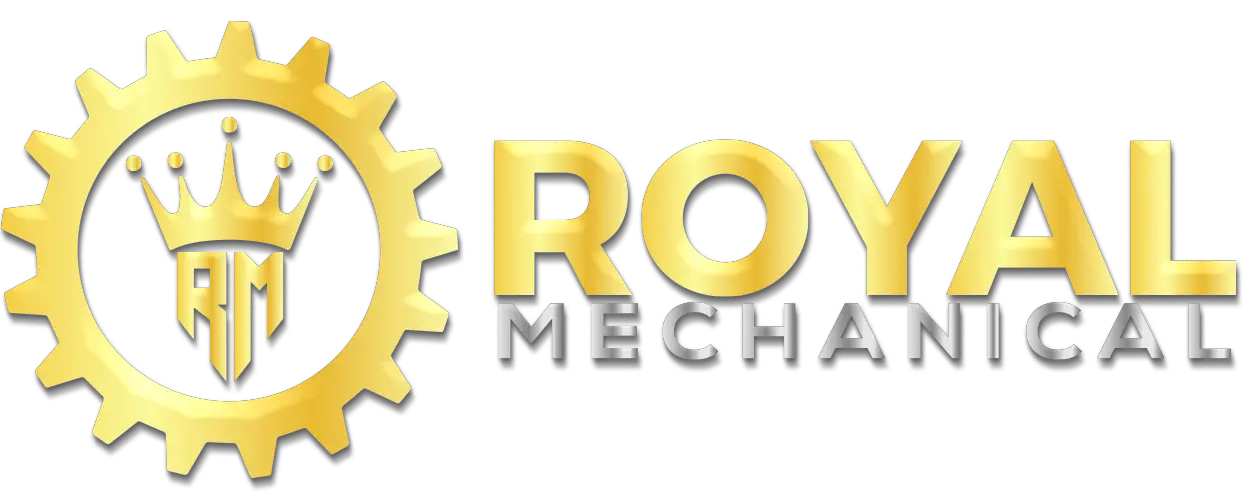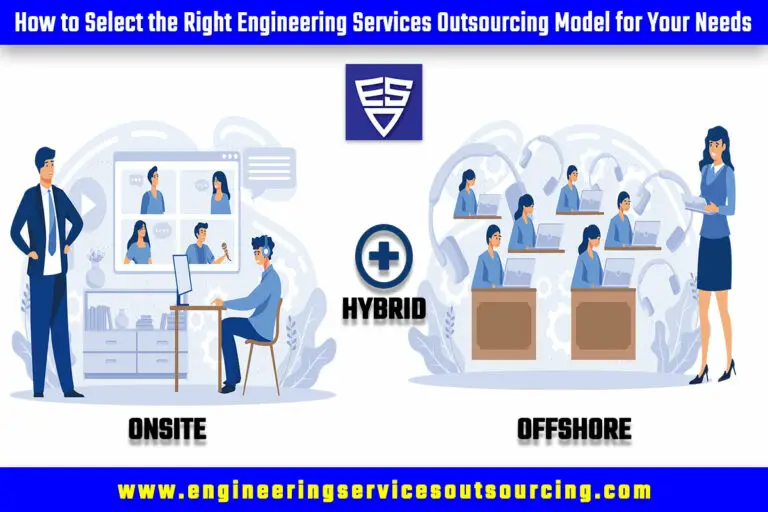
Engineering services outsourcing contracts can be structured in various ways depending on the project scope, client requirements, and vendor capabilities. Two common contract types are fixed price and time and materials (T&M). Each type has its own advantages and disadvantages, and choosing the right one requires careful consideration of the project specifics.
This article will explore the pros and cons of fixed price vs. T&M engineering services outsourcing contracts to help you make an informed decision.
Table of Contents
1) Fixed Price Contracts
Fixed price contracts are agreements in which the vendor agrees to deliver the project within a predetermined budget. The scope of work is defined upfront, and the vendor is responsible for completing it within the agreed timeline and cost.
1.1) Pros of Fixed Price Contracts:
1.1.1) Predictability:
Fixed price contracts offer predictability in terms of project costs. The client knows the exact amount they will need to pay for the project, which can be beneficial for budgeting and forecasting purposes.
1.1.2) Lower risk:
Fixed price contracts transfer more risk to the vendor. The vendor is responsible for completing the project within the agreed budget, and any additional costs are their responsibility.
1.1.3) Focus on deliverables:
Fixed price contracts incentivize vendors to focus on delivering the agreed-upon scope of work, as any additional work will not be compensated.
1.2) Cons of Fixed Price Contracts:
1.2.1) Limited flexibility:
Fixed price contracts offer limited flexibility in terms of changing project requirements. Any changes in scope or deliverables can result in additional costs, which may not be feasible for the client.
1.2.2) Limited collaboration:
Fixed price contracts can create a situation where the vendor is working in isolation, with little or no collaboration with the client. This can result in the vendor missing out on valuable insights and feedback that can improve the project outcome.
1.2.3) Quality concerns:
Fixed price contracts can incentivize vendors to cut corners and deliver the project as quickly and cheaply as possible to maximize profits. This can lead to quality concerns and compromised deliverables.
2) Time and Materials Contracts
T&M contracts are agreements in which the client pays the vendor for the actual hours worked and the materials used. The vendor is paid based on an hourly rate, and the client is responsible for covering the costs of materials used in the project.
2.1) Pros of Time and Materials Contracts:
2.1.1) Flexibility:
T&M contracts offer more flexibility in terms of changing project requirements. Any changes in scope or deliverables can be accommodated, as the client is only paying for the actual hours worked and materials used.
2.1.2) Collaboration:
T&M contracts encourage collaboration between the vendor and the client. The client can provide feedback and insights throughout the project, which can result in a better outcome.
2.1.3) Focus on quality:
T&M contracts incentivize vendors to focus on delivering high-quality work, as the client is paying for the actual hours worked and materials used. This can result in a better project outcome.
2.2) Cons of Time and Materials Contracts :
2.2.1) Uncertainty:
T&M contracts offer less predictability in terms of project costs. The final cost of the project can be difficult to determine, which can make budgeting and forecasting challenging for the client.
2.2.2) Higher risk:
T&M contracts transfer more risk to the client. The client is responsible for covering any additional costs, which can result in unexpected expenses.
2.2.3) Higher costs:
T&M contracts can result in higher costs due to the hourly rate charged by the vendor.

Conclusion
Choosing between a fixed price and a T&M contract depends on the project specifics and the client’s goals. Fixed price contracts offer predictability and lower risk, while T&M contracts offer more flexibility and collaboration. Ultimately, the decision should be based on the project’s scope, requirements, and budget.
It’s worth noting that hybrid contracts, which combine aspects of both fixed price and T&M contracts, can be an option to consider. These contracts can offer the predictability of a fixed price contract with the flexibility of a T&M
Related Article:






